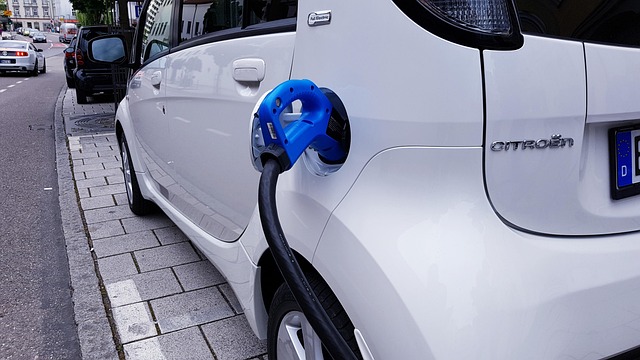Empowering Rural Mobility: The Key Role of Electric Charging Stations in Sustainable Transport
In an era where the conversation around transport sustainability is becoming increasingly essential, the role of electric charging stations in empowering rural mobility cannot be overstated. The journey towards a greener future is not just about urban centers; it requires a holistic approach that encompasses every geographic area, especially rural communities.
Electric charging stations serve as the backbone of a sustainable transport network, bridging the gap between technology and accessibility in rural areas. These stations do not merely provide a fuel source for electric vehicles; they symbolize a commitment to inclusivity and progress. As electric vehicles become more prevalent, the availability of charging infrastructure in rural regions significantly impacts their adoption. A well-placed electric charging station can turn a once-isolated village into a vibrant hub of activity, encouraging residents to consider electric options for their daily commutes, shopping trips, and more.
Transport sustainability goes beyond reducing emissions; it encompasses creating a reliable and accessible transportation system that can serve everyone, regardless of where they live. For rural communities, this means having the infrastructure in place to support electric vehicles, which are recognized for their lower carbon footprints and cost-effectiveness compared to traditional gasoline-powered cars. Furthermore, electric vehicles often come with lower maintenance costs and contribute to easing the strain on local economies, allowing residents to invest in their communities instead of their fuel tanks.
Integrating electric charging stations into rural development initiatives can foster innovation and drive economic growth. By positioning these stations in key locations—such as near grocery stores, community centers, and popular attractions—localities can attract visitors and stimulate business opportunities. This not only keeps the community engaged but also fosters a culture of sustainability where residents become advocates for greener living.
Additionally, the implementation of an extensive network of electric charging stations in rural areas supports the local supply chain. Businesses can operate electric delivery vehicles, reducing their carbon footprint while enhancing efficiency. This shift not only benefits the environment but also promotes job creation in the installation, maintenance, and operation of charging infrastructure, making sustainability a cornerstone of rural economic development.
As the conversation around sustainable transport grows louder, it’s crucial that rural areas are not left behind. Electric charging stations can pave the way for a more connected, eco-friendly future, confirming that every community, irrespective of its geographical location, deserves access to modern, sustainable transportation options. Embracing this shift is not merely an opportunity—it’s an obligation to protect our planet and empower every citizen’s journey.




